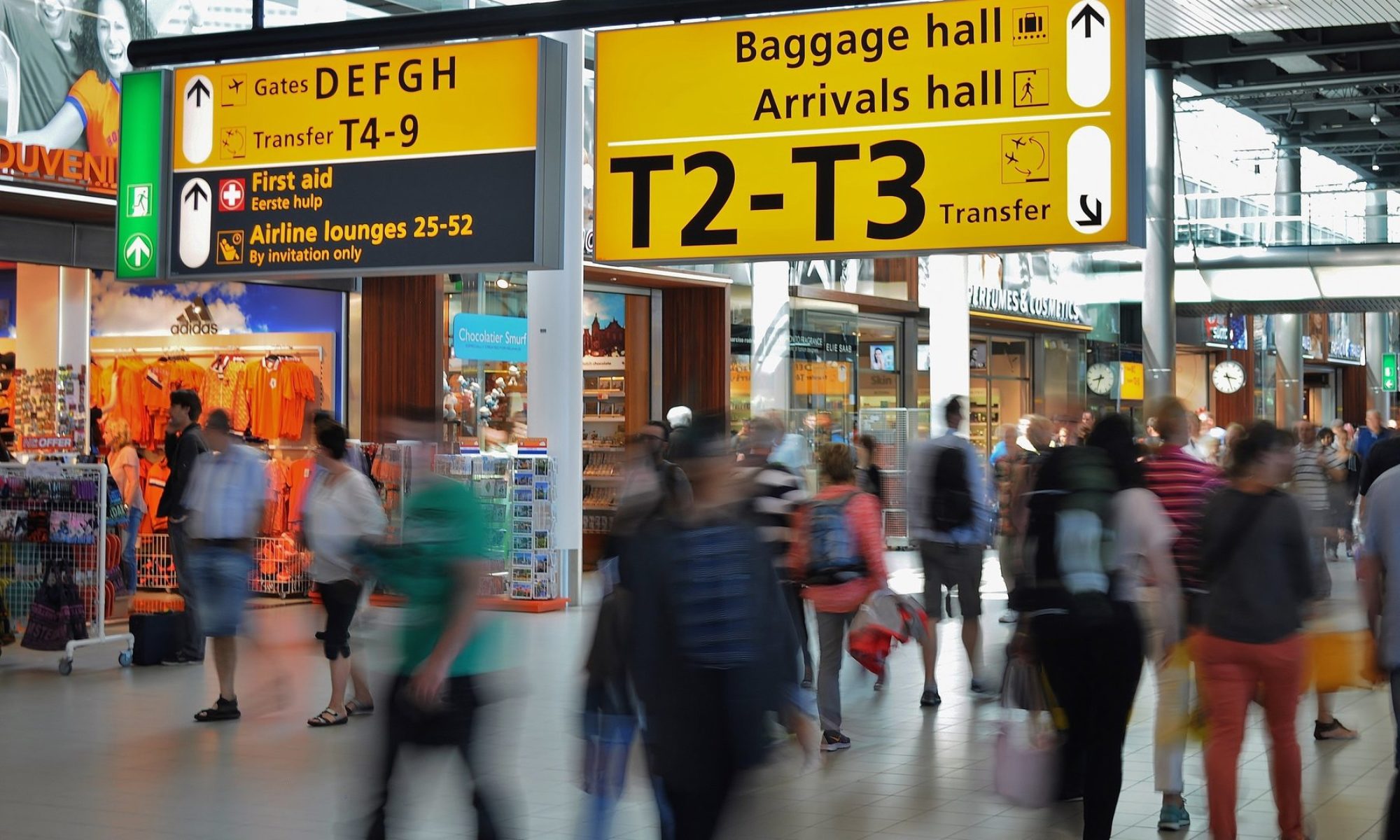 Slovakia’s Ministry of Transport and Construction plans to finalise and submit a concession strategy to the Government for operation of Bratislava Ivanka Airport by late 2018. The Ministry argues the concession will “ensure further development of the airport” and accelerate passenger growth.
Slovakia’s Ministry of Transport and Construction plans to finalise and submit a concession strategy to the Government for operation of Bratislava Ivanka Airport by late 2018. The Ministry argues the concession will “ensure further development of the airport” and accelerate passenger growth.
This is not the first time that an attempt at privatising the operation of the airport has been attempted. In 2006, the Two-One Consortium, comprising Flughafen Wien (Vienna Airport), the Austrian bank Raiffeisen Zentralbank and the Slovak private equity group Penta offered EUR113.3 million for a 66% stake in Bratislava and Košice airports, trumping one from Abertis of EUR84.87 million.
Interestingly, hardly any of those organisations (Flughafen Wien) remains involved directly in airport investment, and at a considerably lower level. Abertis has left the business altogether. How times change.
But the deal failed to take into account that when it was signed by the previous right wing Dzurinda government there was a clause that the sale had to be approved by the country’s antitrust authority (Protimonopolný úrad, or PMÚ) by 15-Aug-2006, or the contract would be declared invalid.
When the consortium failed to secure its approval in time, the socialist Robert Fico government, which was against the sale of state assets in general and the Bratislava airport in particular, quickly moved to annul the deal, or at least the Bratislava part of it; Košice eventually went ahead and was sold to Flughafen Wien.
Politics apart, the government could have been spooked by a neighbouring country “taking over” its main and capital city airport. Vienna and Bratislava airports are only 80km (50 miles) apart and Vienna wanted to use Bratislava as an LCC facility so that network/hub operations at Vienna would be unhindered (a strategy that has resurfaced recently at Lisbon and Madrid, for example, where new LCC-designated airports are proposed).
But the whole issue sort of queered the pitch for future investment or management contracts at Bratislava. There is no certainty like “uncertainty” where political interference is concerned. As it happens, the Fico government remains in power, within the framework of the coalition system that exists. Fico himself does not, though. He resigned in Mar-2018 and was replaced by Peter Pellegrini, who had been made Deputy Prime Minister for Investments by Fico in 2016.
Whatever Flughafen Wien’s intentions were back in 2006, Bratislava has actually effectively become an LCC supporting airport, with 92% of seat capacity accounted for by budget airlines, and two-thirds of it by Ryanair, followed by Wizz Air, which has a base there.
Source: The Blue Swan Daily

